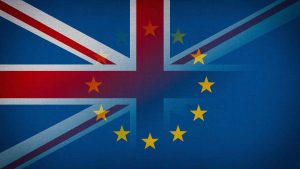This week, the ICO published some draft guidance on GDPR and children’s data.
The General Data Protection Regulation (GDPR) makes special mention of children’s data in Article 8 “Conditions applicable to child’s consent in relation to information society services”. This sets out that if you provide an online service directly to a child and where consent is the lawful basis for processing, consent must be sought from a parent or legal guardian.
The GDPR defines a child as anyone under 16, but allows member states to lower that age. The current draft of the Data Protection Bill suggests a child in the UK is anyone under 13.
However, children, regardless of age have the same rights as adults when it comes to data protection and therefore all the other aspects of GDPR equally apply. And, whilst the guidance talks about the Article 8 requirements relating to child’s consent, it actually goes much further than this highlighting specific risks associated with children and their data – mainly about understanding that a child may not understand the specifics of their rights or the way their data is processed and as such the guidance touches on marketing to children as well as the other GDPR aspects and individuals’ rights. This includes making sure that privacy notices and other information, if likely to be consumed by a child will need to be age appropriate and enable the child to understand how their data will be used.
For the purposes of the guidance a child is defined as under 18. So, if you have services or process data that relates to a child, there’s more you need to do be aware of than just worrying about the online consent rules.
The consultation runs until 28th February and details can be found here, on the ICO’s website.
Providing cost-effective, simple to understand and practical GDPR and ePrivacy advice and guidance, via my one-stop-shop helpline. I ❤️ GDPR




